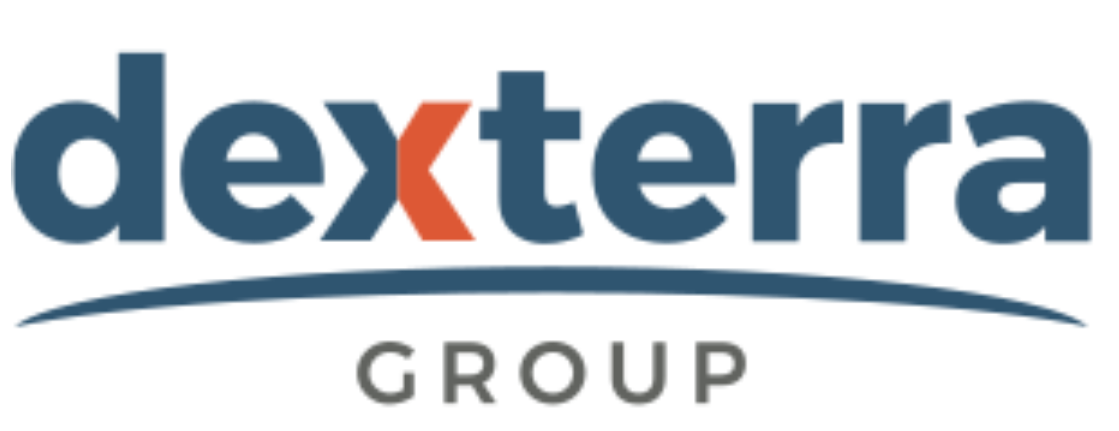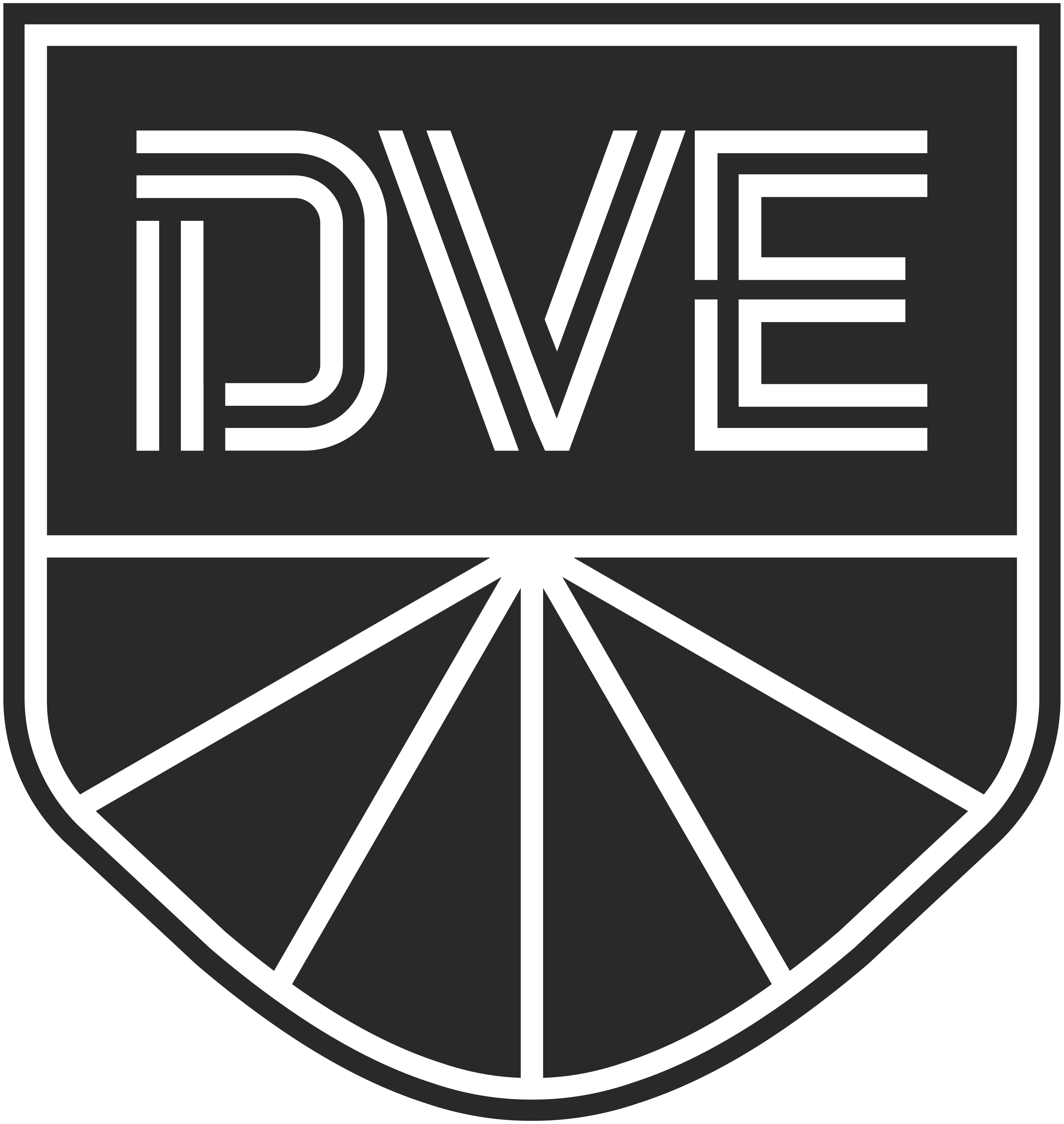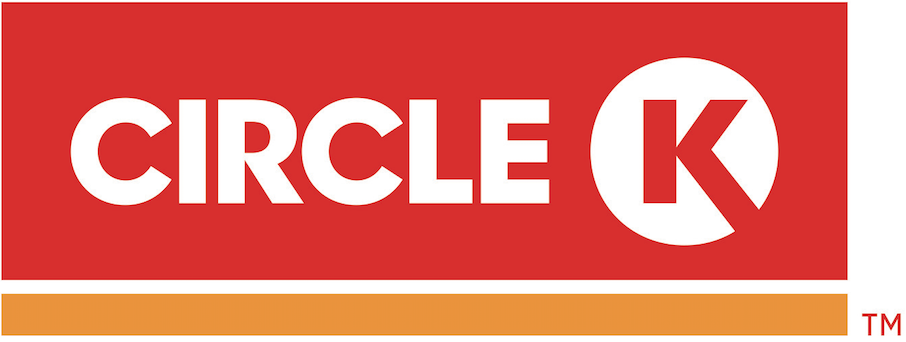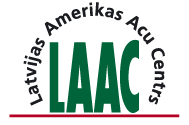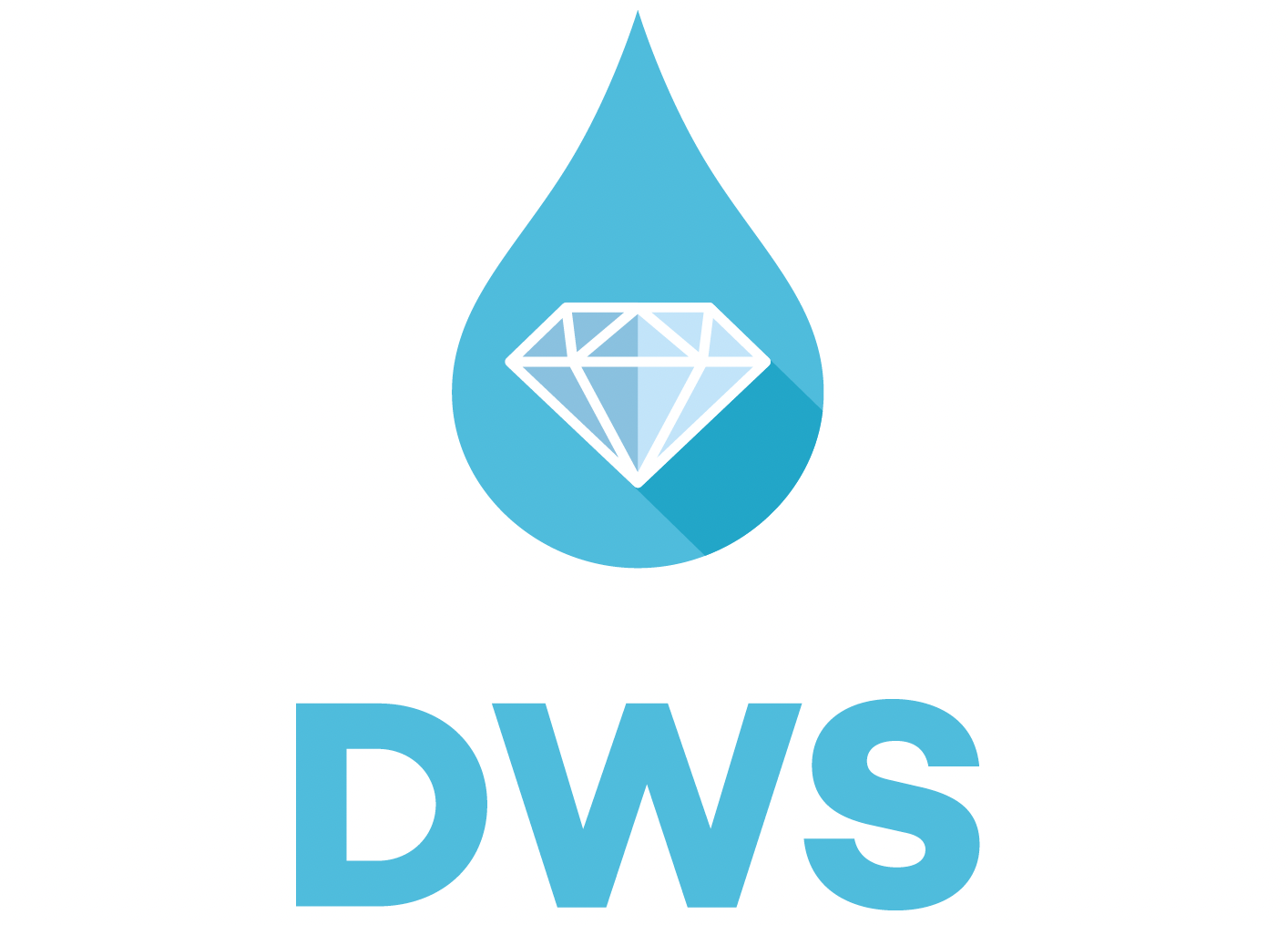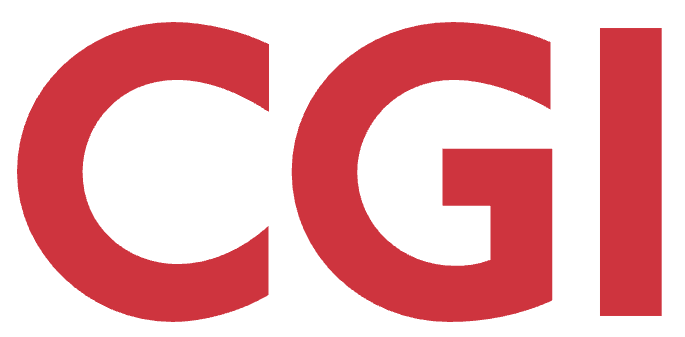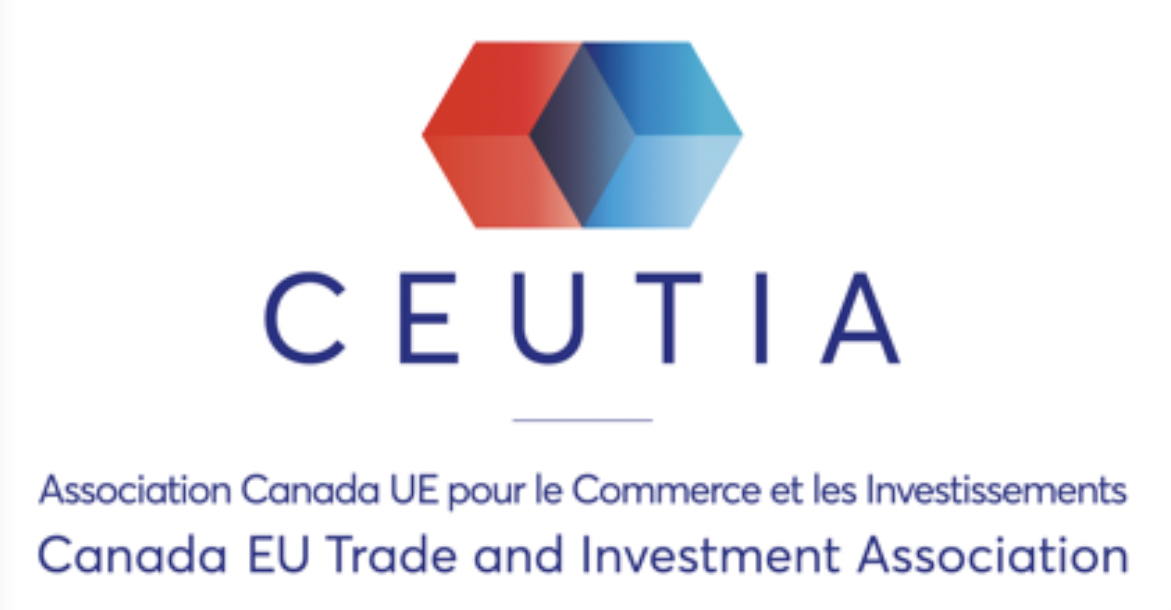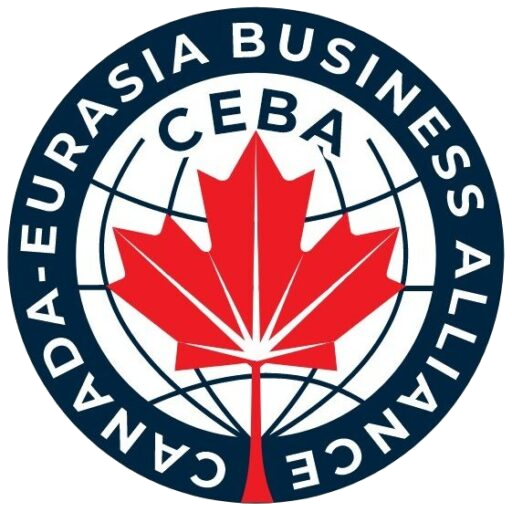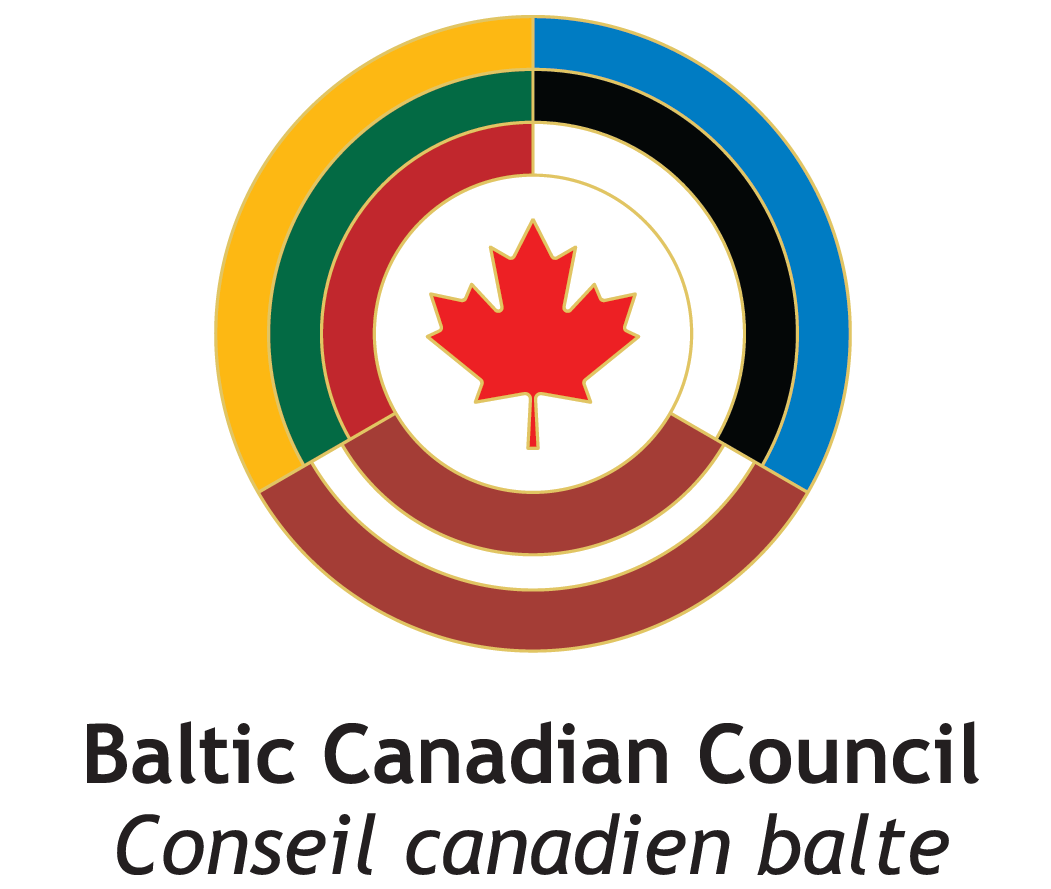Ed Kalvins is a Latvian-Canadian who operates Technical Partners International Inc. of Canada and “TP Riga” SIA of Latvia from offices in Riga, Latvia. As a Canadian engineer with extensive Project, Production and Engineering experience in Canada and 25+ years in Latvia, he has developed both a significant contact network and a deep understanding of local conditions while still understanding western business expectations. As President of the Canadian Chamber of Commerce in Latvia, Ed was instrumental in setting up CanCham’s Destination Management Coordinator (DMC) initiative based on his own experiences.
Case Study #1 – The Technical Partners experience
The Canadian Chamber of Commerce in Latvia exists mainly to promote the business interests of its members. Latvia as an end market is insignificant and relatively poor, but Latvia has one major advantage – location. It is the economic equivalent of the Suez or Panama Canals having the capacity of joining large global regions because of location. It connects Latvia (Northern Europe and the EU) to North America (Canada and the U.S.), the Russian speaking world (Ukraine, Belarus, Central Asia) and the East (India, Taiwan). As such, Latvia can play a trade facilitation role developing both imports and exports for goods and services.
I am asked “why did the CanCham introduce the DMC initiative” described in http://cancham.lv/dmc/dmc-policy-and-procedure and http://cancham.lv/dmc/how-dmc-works. The answer: “we were looking for a low cost, low risk alternative plan to develop business opportunities internationally”.
Then I’m asked “Why do you think the DMC initiative will work, when trade missions, attending trade shows and hiring expensive “rainmakers” has proven to be unsuccessful”. The answer: “I’ve been doing it for 25 years, and when I stayed with and promoted this approach, it worked very well.”
I called the service “Representative Services” (see http://tpriga.lv/other-services/representative-services) or Monitoring Consultancy http://tpriga.lv/monitoring-consultancy where the simple principle was that I worked for the client doing what he wanted me to do to promote his business, and got paid for my time on an ongoing basis. The client paid a small retainer, and I billed him for work done. Never in my career did I have an invoice rejected, and this approached served both my clients and me well.
One example: A Swedish boiler and heat transfer equipment manufacturer approached me for help him get into the Latvian market. (Note: I knew nothing about boilers or his equipment.) The following is the sequence of events that lead to a significant order.
- He provided me with a brochure of the kind of equipment he wished to sell, and asked for my help to get at clients.
- I provided a proposal outlining what I could do under “Representative Services”. The financial proposal included a 1,000 EUR retainer, services to be performed and recorded on a time sheet, payment on submission of invoice at an agreed rate (today we suggest 40 EUR/hr) for time spent, and direct expenses.
- He paid the 1,000 EUR retainer and asked me to prepare a list of potential clients.
- I prepared a list of about 40 companies, spent about 6 hours doing it, and submitted an invoice.
- He paid the invoice, and asked me to arrange meetings with five companies in anticipation of a his visit to Latvia.
- I phoned numerous companies discussing what my client had to offer and arranged five meetings, and submitted an invoice for 8 hours.
- He paid the invoice, and then came to Latvia for the meetings.
- We spent two days visiting clients and discussing sales strategy. I then invoiced him for two days and car expenses.
- He paid the invoice.
- A tender was announced for a major project in a Latvian municipality. I was asked to prepare tender documentation in Latvian, and he and I went to visit the client, and subsequently submitted the tender. I submitted my invoice for time and expenses. He paid.
- We won the contract.
- I was then involved as part of my client’s team doing local project coordination, liaising with between the municipality and my client, and was also assigned translation duties translating operating manuals from Swedish-English to Latvia.
- The project was implemented successfully, and my client was established in Latvia.
The key to this approach was that the client only had to risk 1,000 EUR to show serious intent, and I was paid for doing what the client wanted me to do. This model has served me well in numerous projects over the years.
Some think that offering a sales commission to develop a new market is sufficient to get results. The reality is that no-one is enthusiastic to work for nothing and we are not taking about just sales. We are talking about market entry and market development and should not expect the agent to bear development costs. Something must be invested by the company trying to establish new markets. CanCham’s DMC initiative is the low cost, proven way to engage people with experience in a new market to develop opportunities in that market.
Technical Partners International / “TP Riga” SIA

